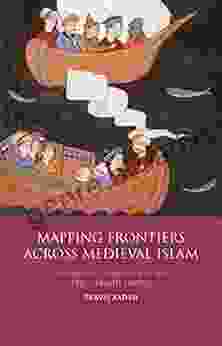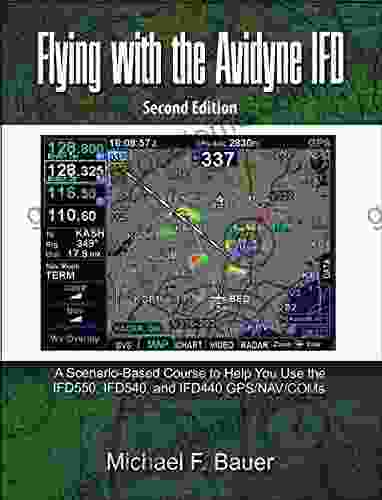Geography Translation and the Abbasid Empire: A Library of Middle East History Unveiled

A Legacy of Knowledge and Scholarship
The Abbasid Empire, which flourished from the 8th to 13th century CE, was a beacon of intellectual and cultural achievement during the Middle Ages. Its capital, Baghdad, became a thriving center of learning and scholarship, attracting scholars, scientists, and translators from far and wide. Among the many areas of knowledge that flourished during this period was geography.
4.5 out of 5
| Language | : | English |
| File size | : | 4822 KB |
| Text-to-Speech | : | Enabled |
| Screen Reader | : | Supported |
| Enhanced typesetting | : | Enabled |
| Print length | : | 406 pages |
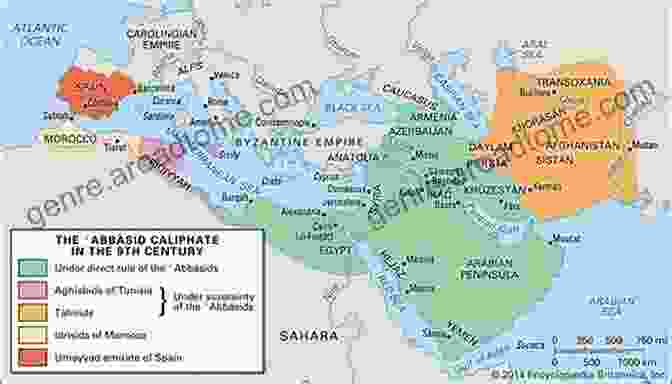
The Translation Movement and its Impact on Geography
One of the key factors that contributed to the Abbasid Empire's advancements in geography was its comprehensive translation movement. Under the patronage of enlightened caliphs, scholars were commissioned to translate major works from Greek, Persian, and Indian sources into Arabic. These translations brought a wealth of knowledge and wisdom to the Islamic world, influencing everything from scientific inquiry to philosophy and literature.
In the field of geography, the translation of Ptolemy's "Geographia" was a particularly significant event. This seminal work, written in the 2nd century CE, contained detailed descriptions of the known world, including maps, latitude and longitude coordinates, and descriptions of different cultures and civilizations. The translation of "Geographia" into Arabic made it accessible to a wider audience of scholars, stimulating new research and exploration.
Geography in the Abbasid Empire
The translation of geographical knowledge had a profound impact on the understanding of the world during the Abbasid period. Scholars in Baghdad and other major cities engaged in lively debates and discussions about the shape of the Earth, the extent of known lands, and the location of various civilizations. These discussions were fueled by the availability of new geographical information from translated texts and the firsthand accounts of travelers and explorers.
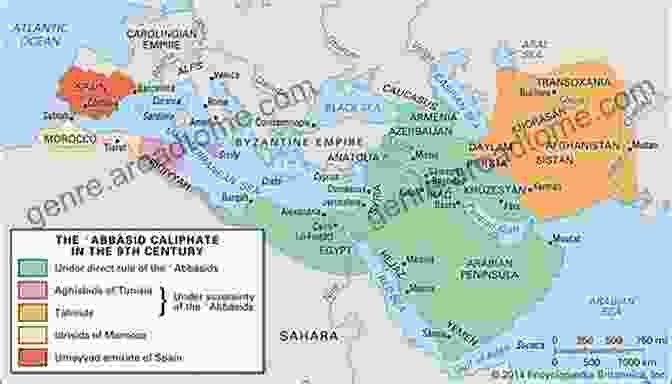
The Library of Middle East History: A Treasure Trove of Geographical Knowledge
One of the most important repositories of geographical knowledge during the Abbasid Empire was the Library of Middle East History. Founded in Baghdad by Caliph Mamun in the 9th century CE, this library housed an extensive collection of books, manuscripts, and maps from around the world. Scholars from all over the Islamic world flocked to the library to consult its vast resources and engage in scholarly pursuits.
The Library of Middle East History played a pivotal role in the translation and dissemination of geographical knowledge. Scholars worked tirelessly to translate works from Greek, Persian, and other languages into Arabic, making them available to a wider audience. The library also served as a meeting place for scholars, explorers, and travelers, facilitating the exchange of ideas and the spread of geographical knowledge.
The Legacy of Abbasid Geography
The advancements in geography made during the Abbasid Empire had a profound impact on the world. The translation and dissemination of geographical knowledge fostered cultural exchange, stimulated scientific inquiry, and inspired new explorations. The maps, descriptions, and insights produced by Abbasid scholars provided the foundation for later geographical discoveries and helped to shape the world's understanding of itself.
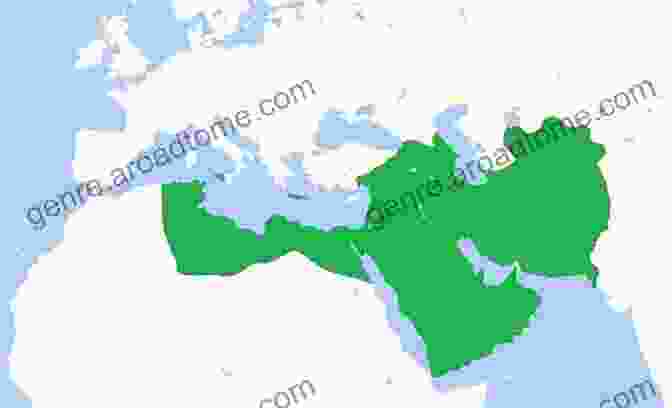
The Library of Middle East History and the translation of geographical knowledge during the Abbasid Empire stand as enduring testaments to the intellectual and cultural achievements of this remarkable era. The dissemination of geographical knowledge played a pivotal role in shaping empires, fostering cultural exchange, and inspiring scientific advancements. The legacy of Abbasid geography continues to inform our understanding of the world today, demonstrating the enduring power of knowledge and the transformative power of translation.
4.5 out of 5
| Language | : | English |
| File size | : | 4822 KB |
| Text-to-Speech | : | Enabled |
| Screen Reader | : | Supported |
| Enhanced typesetting | : | Enabled |
| Print length | : | 406 pages |
Do you want to contribute by writing guest posts on this blog?
Please contact us and send us a resume of previous articles that you have written.
 Book
Book Novel
Novel Page
Page Chapter
Chapter Text
Text Story
Story Genre
Genre Reader
Reader Library
Library Paperback
Paperback E-book
E-book Magazine
Magazine Newspaper
Newspaper Paragraph
Paragraph Sentence
Sentence Bookmark
Bookmark Shelf
Shelf Glossary
Glossary Bibliography
Bibliography Foreword
Foreword Preface
Preface Synopsis
Synopsis Annotation
Annotation Footnote
Footnote Manuscript
Manuscript Scroll
Scroll Codex
Codex Tome
Tome Bestseller
Bestseller Classics
Classics Library card
Library card Narrative
Narrative Biography
Biography Autobiography
Autobiography Memoir
Memoir Reference
Reference Encyclopedia
Encyclopedia Kiya Ankara
Kiya Ankara Krishnan K Sankaran
Krishnan K Sankaran Pierre Boulet
Pierre Boulet Larry Crabb
Larry Crabb Sina Arnold
Sina Arnold Philip Reed
Philip Reed Krishna Dharma
Krishna Dharma Laura Frantz
Laura Frantz Susan Fox
Susan Fox Melissa Leong
Melissa Leong Kindle Edition With Audio Video
Kindle Edition With Audio Video Kingsley L Dennis
Kingsley L Dennis Krzysztof Patan
Krzysztof Patan Kriston R Rennie
Kriston R Rennie Prince Acad
Prince Acad Kosta Danaos
Kosta Danaos Steve Sample
Steve Sample Lambert A Rivard
Lambert A Rivard Zeshan Qureshi
Zeshan Qureshi Kristie Miller
Kristie Miller
Light bulbAdvertise smarter! Our strategic ad space ensures maximum exposure. Reserve your spot today!

 Floyd RichardsonUnveiling the Cosmic Tapestry: Star Tear, A Journey of Celestial Discovery
Floyd RichardsonUnveiling the Cosmic Tapestry: Star Tear, A Journey of Celestial Discovery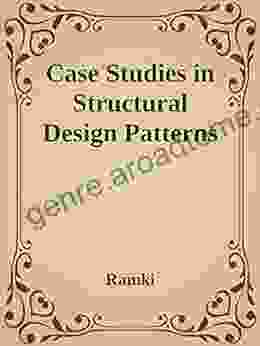
 Virginia WoolfCase Studies in Structural Design Patterns: A Practical Guide to Reusable...
Virginia WoolfCase Studies in Structural Design Patterns: A Practical Guide to Reusable...
 E.E. CummingsApple Cider Vinegar Cure: Boost Your Immune System, Increase Energy, and Lose...
E.E. CummingsApple Cider Vinegar Cure: Boost Your Immune System, Increase Energy, and Lose... Nathan ReedFollow ·7.2k
Nathan ReedFollow ·7.2k Vince HayesFollow ·8k
Vince HayesFollow ·8k Ryūnosuke AkutagawaFollow ·14.7k
Ryūnosuke AkutagawaFollow ·14.7k Harvey HughesFollow ·13k
Harvey HughesFollow ·13k Neal WardFollow ·8.4k
Neal WardFollow ·8.4k Carlos DrummondFollow ·7.3k
Carlos DrummondFollow ·7.3k Rod WardFollow ·12.7k
Rod WardFollow ·12.7k Sam CarterFollow ·8.8k
Sam CarterFollow ·8.8k

 Charlie Scott
Charlie ScottQuickBooks 2024 In Depth: Your Essential Guide to...
About the Book Are you ready to elevate...
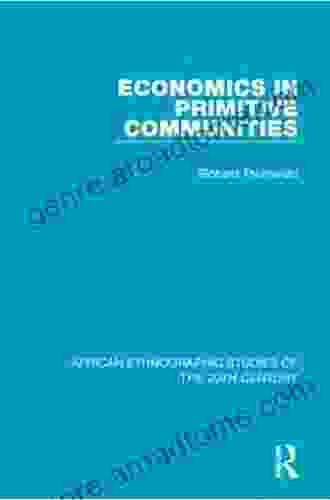
 D'Angelo Carter
D'Angelo CarterUnlocking the Mysteries of Primitive Economies: A Journey...
Prepare to embark on an...

 Milton Bell
Milton BellUnveiling the Secrets of Agile Coaching: A Comprehensive...
In the ever-evolving landscape...

 Tyler Nelson
Tyler NelsonUnveiling the Treasures of Italy: A Journey of Discovery...
Embark on an enchanting expedition into the...
4.5 out of 5
| Language | : | English |
| File size | : | 4822 KB |
| Text-to-Speech | : | Enabled |
| Screen Reader | : | Supported |
| Enhanced typesetting | : | Enabled |
| Print length | : | 406 pages |


